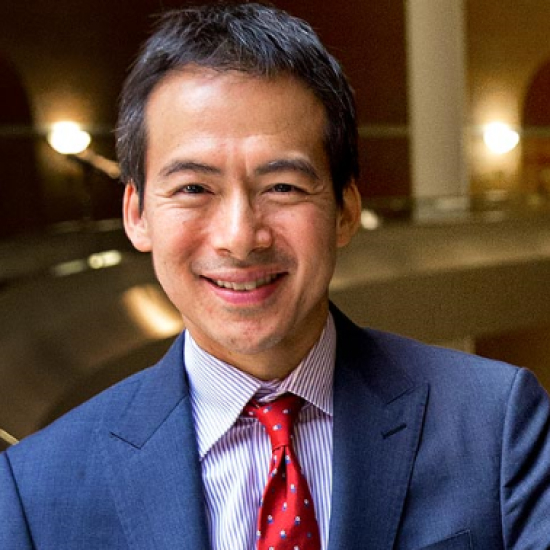Introduction
In the 2010s, Bologna, Italy, faced a crisis of civic trust and participation that seemed at odds with the city’s long tradition of progressive politics and cooperative enterprise. Moreover, those who wanted to work with the city government to improve conditions in the community found themselves stymied by bureaucratic dysfunction. A task as simple as repainting a bench in a public park required authorization and coordination between five separate city departments.
Starting with the principle that those closest to a problem are best equipped to solve it, city leaders in Bologna launched a series of reforms and initiatives to deepen the city’s engagement with residents. Among these was the establishment of a new enterprise, in partnership with the University of Bologna, called the Civic Imagination Office. This collaboration was initiated and overseen by Matteo Lepore, the city’s deputy mayor for culture, sport, tourism, and civic imagination. The office launched “labs” in each of the city’s six districts to learn from and respond to the needs, interests, and initiative of residents at a hyper-local level, using proximity as a primary tactic for organizing and strategizing with residents to take action in their community.
In early 2020, the COVID-19 pandemic and resulting lockdowns hit Italy hard, and Matteo Lepore faced a confounding new social and civic landscape. Would he be able to use the Civic Imagination Office to solve this puzzle? Would the investments made in building trust and co-productive capacity yield a public with the resilience and adaptability to address this crisis and help Bologna rebound stronger?
Guides for using this case are forthcoming.
Learning Objectives
This case aims to help students and city leaders:
- Understand the democratic goals of civic engagement, including mobilizing resources and building relationships.
- Ask and answer key design questions for planning engagement efforts.
- See the breadth of options for civic engagement and make strategic choices.
- Assess and troubleshoot civic engagement efforts.








